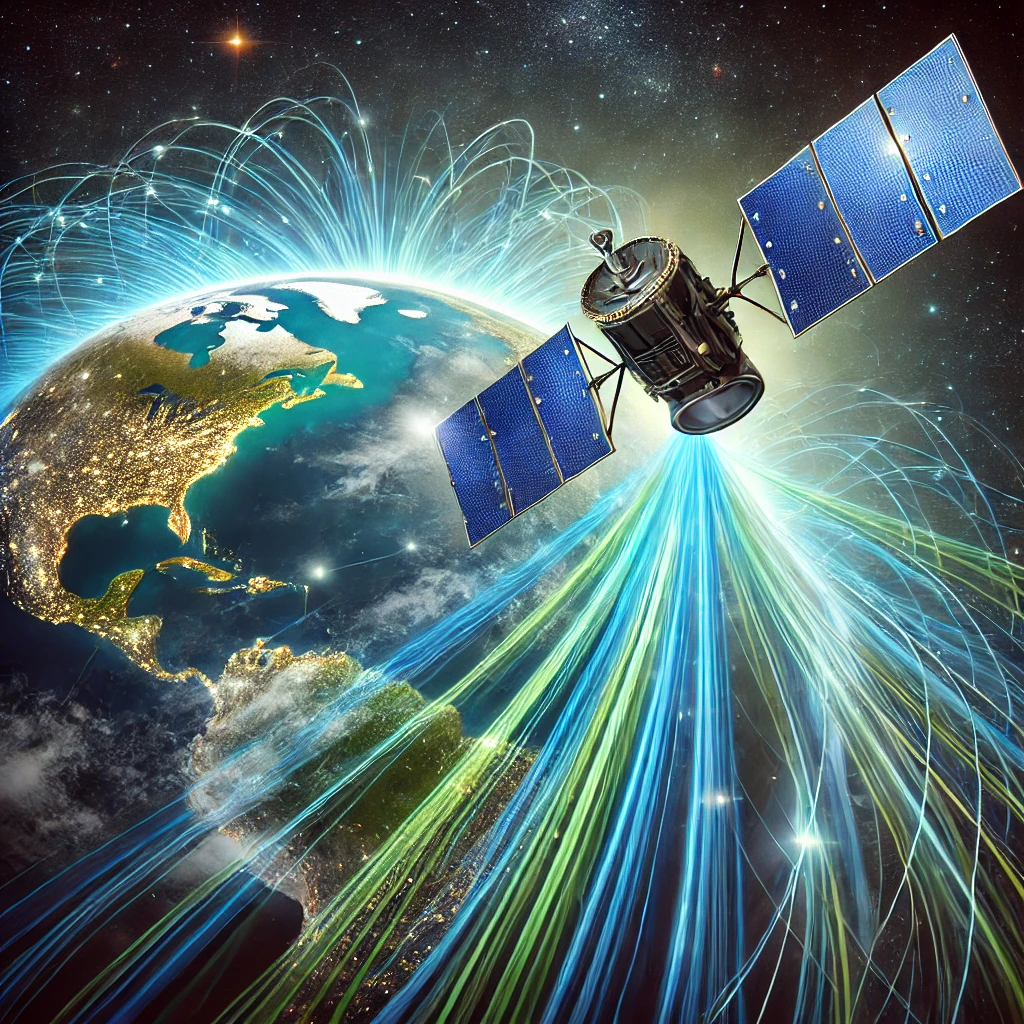
Viasat Satellite Network Cyber Attack 2022
On February 24, 2022, as Russian military forces initiated their invasion of Ukraine, a significant cyberattack targeted Viasat’s KA-SAT satellite network, leading to widespread internet disruptions across Ukraine and parts of Europe. This incident not only highlighted the vulnerabilities inherent in satellite communication systems but also underscored the strategic role of cyber warfare in modern conflicts.
The Attack Unfolds
In the early hours of February 24, malicious actors launched a targeted denial-of-service attack against Viasat’s KA-SAT network. This assault disrupted the satellite’s consumer-oriented broadband services, rendering thousands of modems inoperable. The primary impact was felt in Ukraine, with tens of thousands of additional users across Europe also affected. Viasat’s investigation revealed that the attackers exploited a misconfiguration in a VPN appliance, gaining unauthorized access to the network’s management segment. This access allowed them to deploy destructive commands to modems, effectively knocking them offline.
Technical Analysis: The Role of AcidRain Malware
Subsequent analyses by cybersecurity firms identified the deployment of a wiper malware known as AcidRain during the attack. This malware was designed to erase data and firmware on the affected modems, causing irreversible damage and preventing them from reconnecting to the network. Notably, AcidRain exhibited developmental similarities to the VPNFilter malware, which had been previously attributed to Russian state-sponsored groups.
Attribution and Geopolitical Implications
In May 2022, Western governments, including the United States and the United Kingdom, formally attributed the cyberattack to Russia, specifically pointing to the Russian military intelligence agency (GRU). The coordinated timing of the cyberattack with the physical invasion suggested a deliberate strategy to disrupt Ukrainian communications and sow chaos during the initial stages of the conflict.
Impact on Critical Infrastructure
The ramifications of the Viasat cyberattack extended beyond internet outages. In Germany, for instance, the attack disrupted the operations of approximately 5,800 wind turbines, as their remote monitoring and control systems relied on the compromised satellite network. This incident highlighted the interconnectedness of modern infrastructure and the cascading effects that cyberattacks can have across different sectors.
Incident Response and Recovery
Viasat, in collaboration with governmental agencies and cybersecurity experts, initiated a comprehensive response to the attack. The company worked to replace the affected modems and restore services to impacted customers. The incident underscored the importance of robust incident response protocols and the need for public-private partnerships in addressing cyber threats.
Lessons Learned and Future Preparedness
The Viasat cyberattack serves as a stark reminder of the vulnerabilities present in satellite communication systems. It emphasizes the necessity for continuous security assessments, timely software updates, and the implementation of advanced threat detection mechanisms. Furthermore, the incident highlights the critical role of international cooperation in attributing cyberattacks and holding perpetrators accountable.
Enhancing Satellite Network Security
In the aftermath of the attack, there has been a concerted effort to bolster the security of satellite networks. Organizations are investing in advanced encryption methods, multi-factor authentication, and real-time monitoring systems to detect and mitigate potential threats. Additionally, there is a growing emphasis on training personnel to recognize and respond to cyber threats effectively.
The Broader Context of Cyber Warfare
The Viasat incident is part of a broader pattern of cyber warfare tactics employed in modern conflicts. State and non-state actors increasingly leverage cyberattacks to disrupt critical infrastructure, gather intelligence, and influence public perception. This evolving landscape necessitates a proactive approach to cybersecurity, with nations developing comprehensive strategies to defend against and respond to such threats.
International Collaboration and Policy Implications
Addressing the challenges posed by cyber warfare requires international collaboration. Nations must work together to establish norms and frameworks that deter malicious cyber activities. The Viasat attack underscores the importance of diplomatic efforts and the need for cohesive policies that promote cybersecurity resilience globally.
The 2022 cyberattack on Viasat’s KA-SAT network illuminated the vulnerabilities in satellite communications and the strategic use of cyber operations in modern warfare. It serves as a critical case study for understanding the complexities of cybersecurity in an interconnected world and underscores the imperative for vigilance, preparedness, and international cooperation in safeguarding critical infrastructure.
